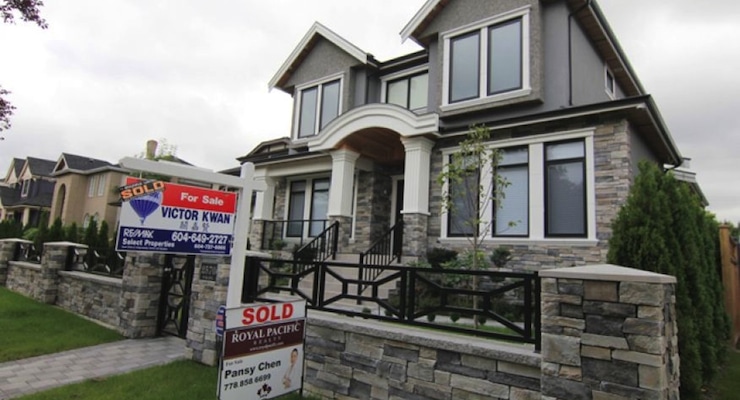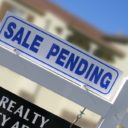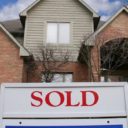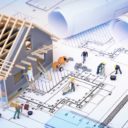

(Photo: REUTERS)
The National Association of Realtors said on Thursday existing home sales to their highest level since 2007, gaining 2 percent to an annual rate of 5.59 million units. Meanwhile, June’s sales pace was revised slightly lower to 5.48 million units from the previously reported 5.49 million units. Economists polled by Reuters had forecast home resales falling to a 5.44 million-unit pace last month. Sales were up 10.3 percent from a year ago.
“The creation of jobs added at a steady clip and the prospect of higher mortgage rates and home prices down the road is encouraging more households to buy now,” said NAR chief economist Lawrence Yun. “As a result, current homeowners are using their increasing housing equity towards the downpayment on their next purchase.”
The NAR report comes just days before the release of the composite National Mortgage Risk Index (NMRI) for Agency purchase loans, which stood at a series-high 12.50 percent in June, up 0.4 percent from the average for the prior three months and 0.8 percent on a year-over-year basis. The index gains were fueled by the increase share in high-risk FHA loans, and agency loan originations continued their dangerous migration from large banks to non-banks in June. The shift accounted for much of the upward trend in the composite NMRI. Because non-bank lending is substantially riskier than the large bank, more financially sound business it replaces, many economists aren’t celebrating the NAR data.
“Historically low mortgage rates, an improving labor market, and loose credit standards especially for first time buyers, combined with a 32-month-long seller’s market for existing homes, continue to drive up home prices faster than income,” said Edward Pinto, AEI’s International Center on Housing Risk co-director. But Yun and the NAR, which AEI refers to as the housing lobby, aren’t concerned. Rather, Yun says he sees danger only in the increase in housing prices, which could stifle home-buying in future months.
“Despite the strong growth in sales since this spring, declining affordability could begin to slowly dampen demand,” adds Yun. “Realtors® in some markets reported slower foot traffic in July in part because of low inventory and concerns about the continued rise in home prices without commensurate income gains.”
Nationwide, the median home price fell slightly from the previous month to $234,000, but was up 5.6 percent on a year-over-year basis. The supply of homes for sale fell slightly in July. The NAR says they would like to the government to further intervene in order to make it easier to purchase a home, which Pinto and fellow AEI fellow’s worry is ignoring the cause of the previous crisis.
“The fact that first-time buyers represented a lower share of the market compared to a year ago even though sales are considerably higher is indicative of the challenges many young adults continue to face,” adds Yun. “Rising rents and flat wage growth make it difficult for many to save for a downpayment, and the dearth of supply in affordable price ranges is limiting their options.”
The NAR report claims the share of first-time buyers declined in July for the second consecutive month, decreasing just 2 percent to 28 from a hefty 30 percent in June. While it is the the lowest share since January of this year–when it was also 28 percent–year ago, first-time buyers represented 29 percent of all buyers.
Regional Breakdown
July existing-home sales in the Northeast decreased 2.8 percent to an annual rate of 700,000, but are still 9.4 percent above a year ago. The median price in the Northeast was $277,200, which is 1.3 percent higher than July 2014. In the Midwest, existing-home sales were at an annual rate of 1.32 million in July, unchanged from June and 10.9 percent above July 2014. The median price in the Midwest was $186,500, up 6.6 percent from a year ago.
Existing-home sales in the South increased 4.1 percent to an annual rate of 2.29 million in July, and are 9.6 percent above July 2014. The median price in the South was $203,500, up 7.0 percent from a year ago.
Existing-home sales in the West rose 3.2 percent to an annual rate of 1.28 million in July, and are 11.3 percent above a year ago. The median price in the West was $327,400, which is 8.4 percent above July 2014.






